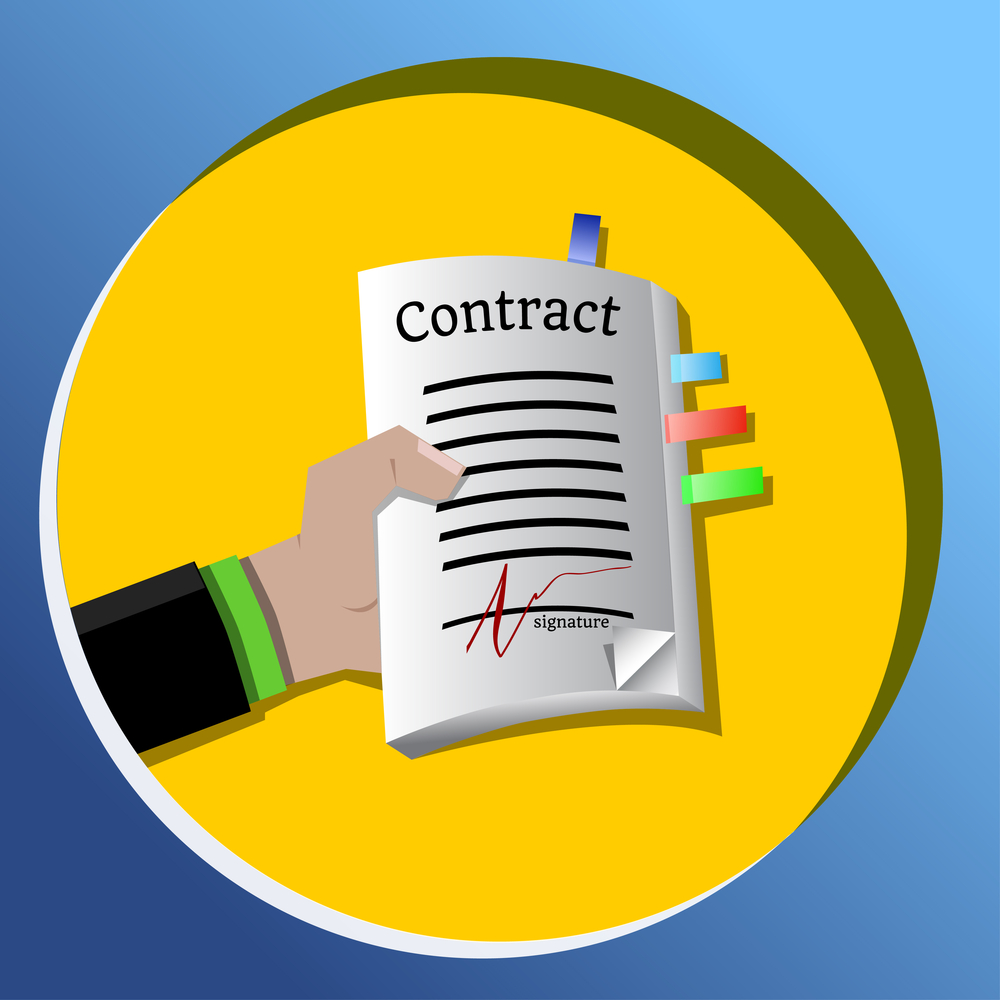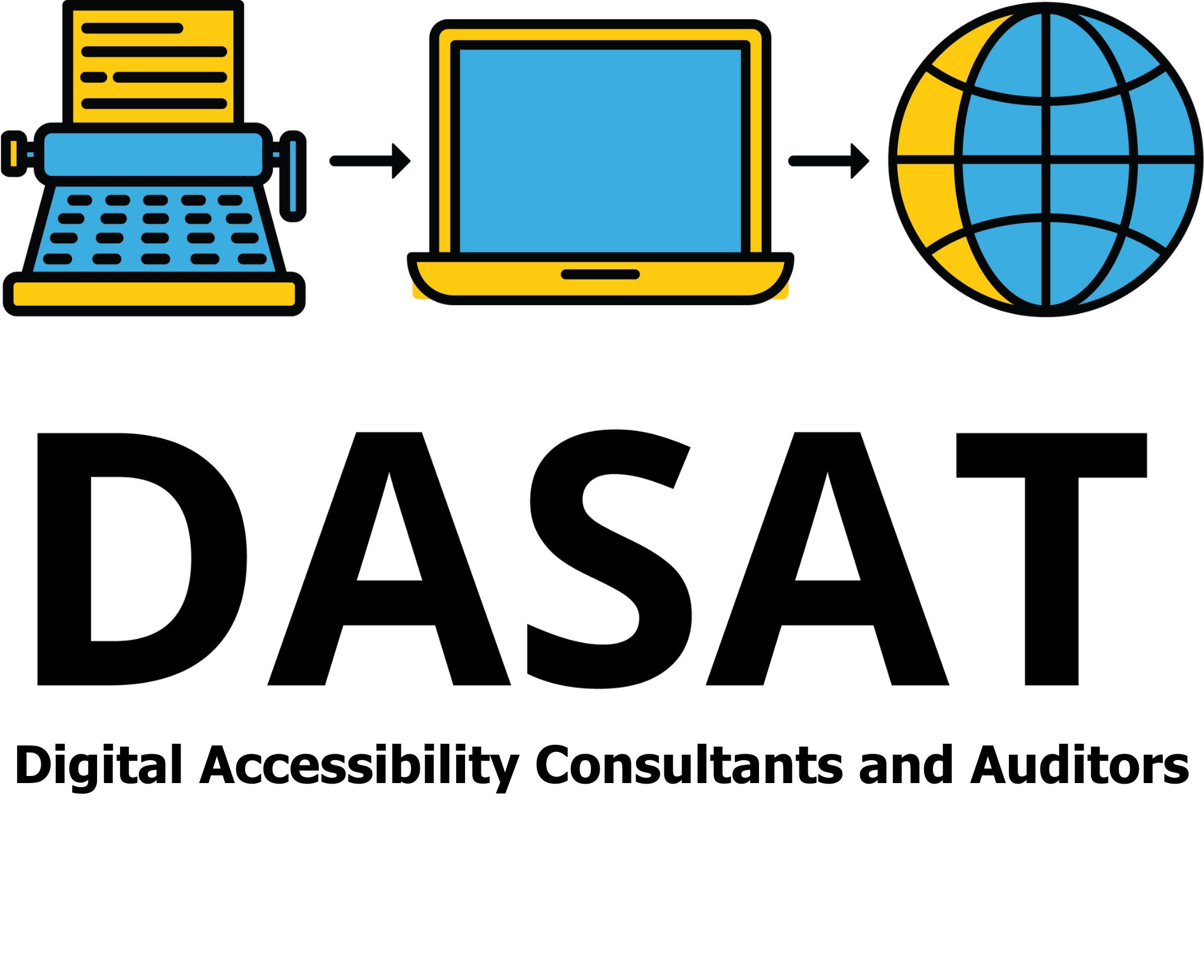
Moving house can be hard. Finding the new home, financial stress, emotional stress, the impact on your physical health. The list of issues goes on and on. Now add disability. A person in a wheelchair, or a person with a hearing impairment, vision impairment, on the autistic spectrum. It adds an extra level of stress. Now add the factor of people thinking that you need someone else to help you. It can be disabling.
Real estate agents can take several steps to make the process of buying real estate easier for people with disabilities.
 Training
Training
Undergo accessibility training to understand the needs and rights of people with disabilities, including knowledge of accessibility features and relevant legislation.
Collaborate with accessibility specialists, such as occupational therapists or disability advocates, to better understand and meet the needs of clients with disabilities.
Organize workshops and seminars to educate potential buyers with disabilities about the real estate market, the buying process, and available resources and support.
Implement inclusive policies and practices within the real estate agency to ensure that clients with disabilities receive equitable and respectful treatment.
Stay informed about market trends related to accessible housing and share this information with clients to help them make informed decisions.

The First Meeting
Firstly, look and listen. How mobile is the client? Do they use a cane or a wheelchair or crutches? Does the person have an assistance dog and why? Listen to the client. What do they need, what type of accommodations might be useful for them. Most importantly, never assume. Ask questions. Ask what the person’s preferred communication method is. Mail, email, phone. Everyone is different.

Digital Communication, Marketing
Ensure that your communication methods are accessible. Provide information in different formats such as large print or electronic text. Know how to make a document that meets the accessible guidelines. Ensure that websites and online tools conform to the Web Content Accessibility Guidelines (WCAG) and Digital Accessibility Standard AS EN 301 549:2020 to make them usable for people with different disabilities.
Provide accessible virtual tours using features like audio descriptions for visually impaired users and captions for deaf or hard-of-hearing users.
Use inclusive marketing strategies that represent and appeal to people with disabilities, ensuring they feel welcomed and considered as potential clients.

Physical Accessibility
From a sighted person’s perspective, I’m embarrassed to say that I never realised how many issues the vision impaired confront on a daily basis. This experience has helped me to understand the need to advocate for better services and better access to the everyday conveniences that we, the sighted, take for granted. Travelling with Mark has also demonstrated how, an independent, visually impaired person can have their adventures enhanced by travelling with someone willing to be patient and empathetic by making a few small adjustments.

The Property Search
Help clients find the property that is good for them by understanding and noting accessibility requirements, such as wheelchair access, the number of storeys in a house, and kitchens and bathrooms that are already accessible or can be modified relatively easily.
Work with builders and developers to promote the construction of more accessible and universally designed homes, advocating for features that cater to people with disabilities from the outset. Keep up-to-date with best practices and resources that can assist clients with disabilities.
Include detailed information about the accessibility features of properties in listings, such as ramp access, door widths, bathroom accessibility, and proximity to accessible public transport.
Offer flexible viewing times and ensure that property viewings accommodate the specific needs of people with disabilities, such as providing additional time or supports if needed. Be prepared to describe the size of rooms, the colours, the types of curtains and other fixtures.
Assist with accessible transportation arrangements for clients with disabilities to ensure they can visit properties easily.

Financial, Legal
Provide information on financial assistance programs, grants, and loans specifically available for people with disabilities to help them purchase and modify homes.
Advocate for clients by negotiating with sellers to include necessary accessibility modifications in the purchase agreement, such as installing ramps or widening doorways before the sale is finalized.
Provide information about local community services and support networks that may be beneficial to clients with disabilities, including details about nearby healthcare facilities, support groups, and accessible recreational activities.

Conclusion
Everyone needs somewhere to live. People with disability do own or rent homes. Being
that real estate agent that goes the extra mile will ensure that you are also
successful.
